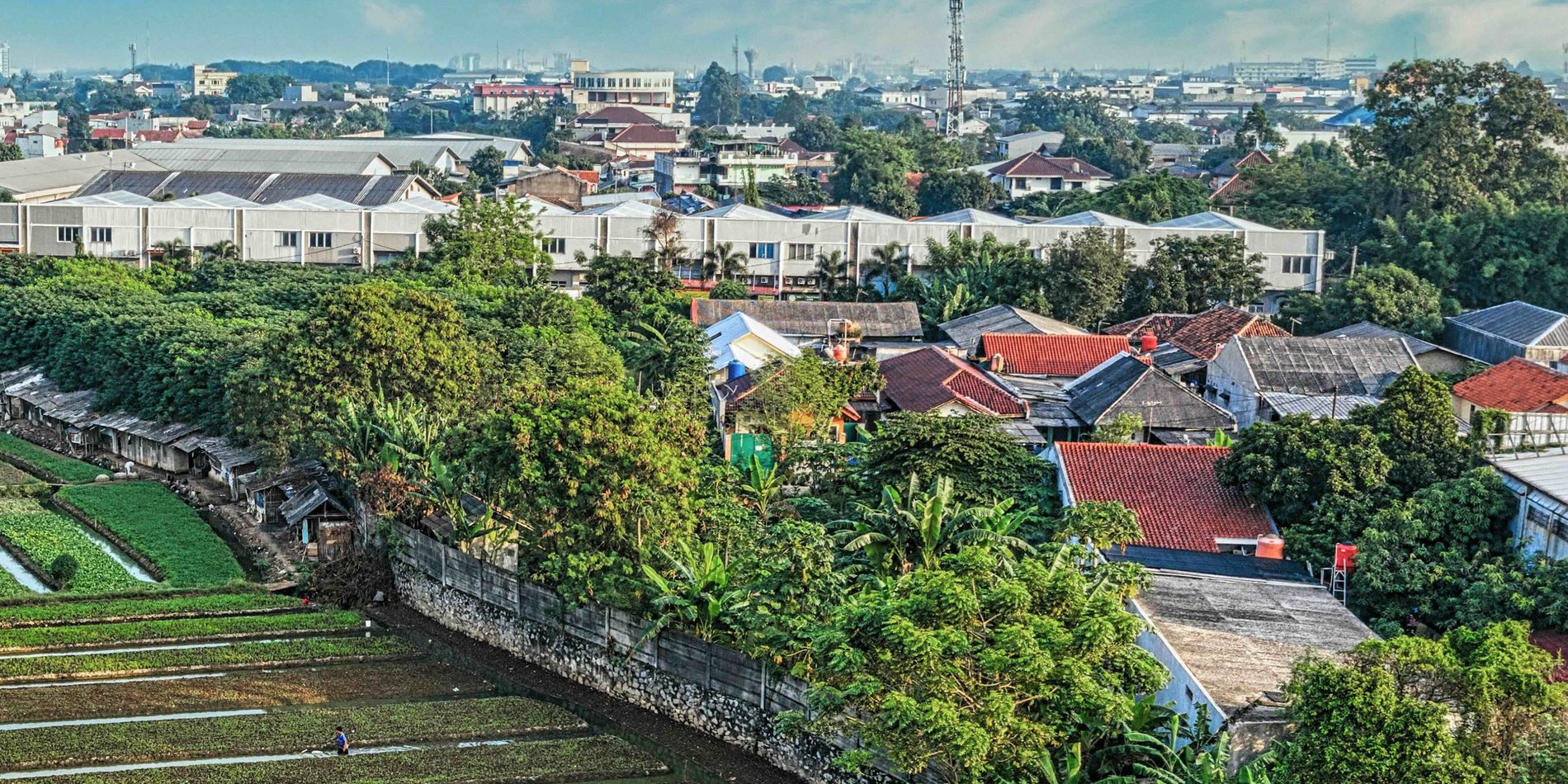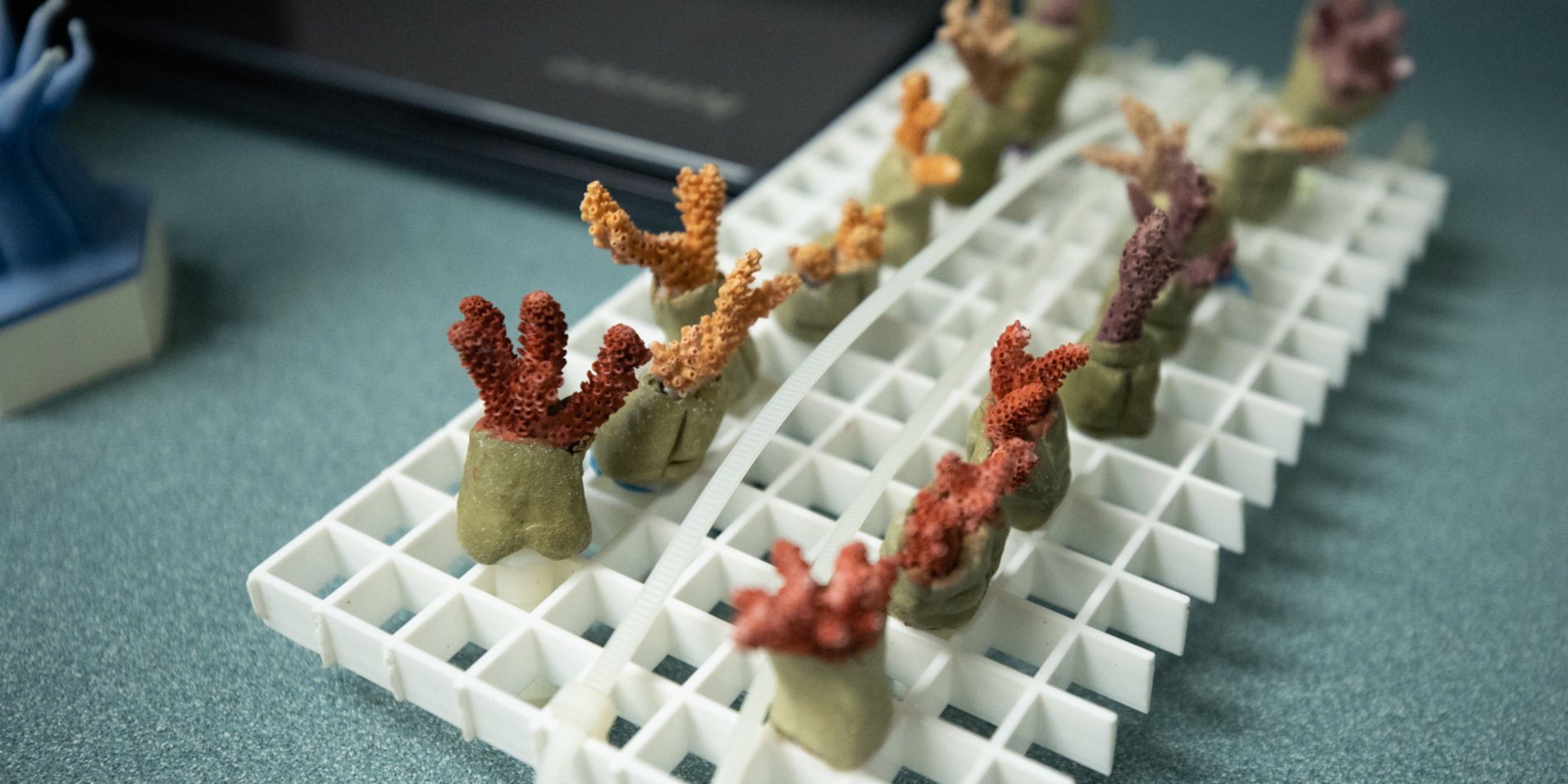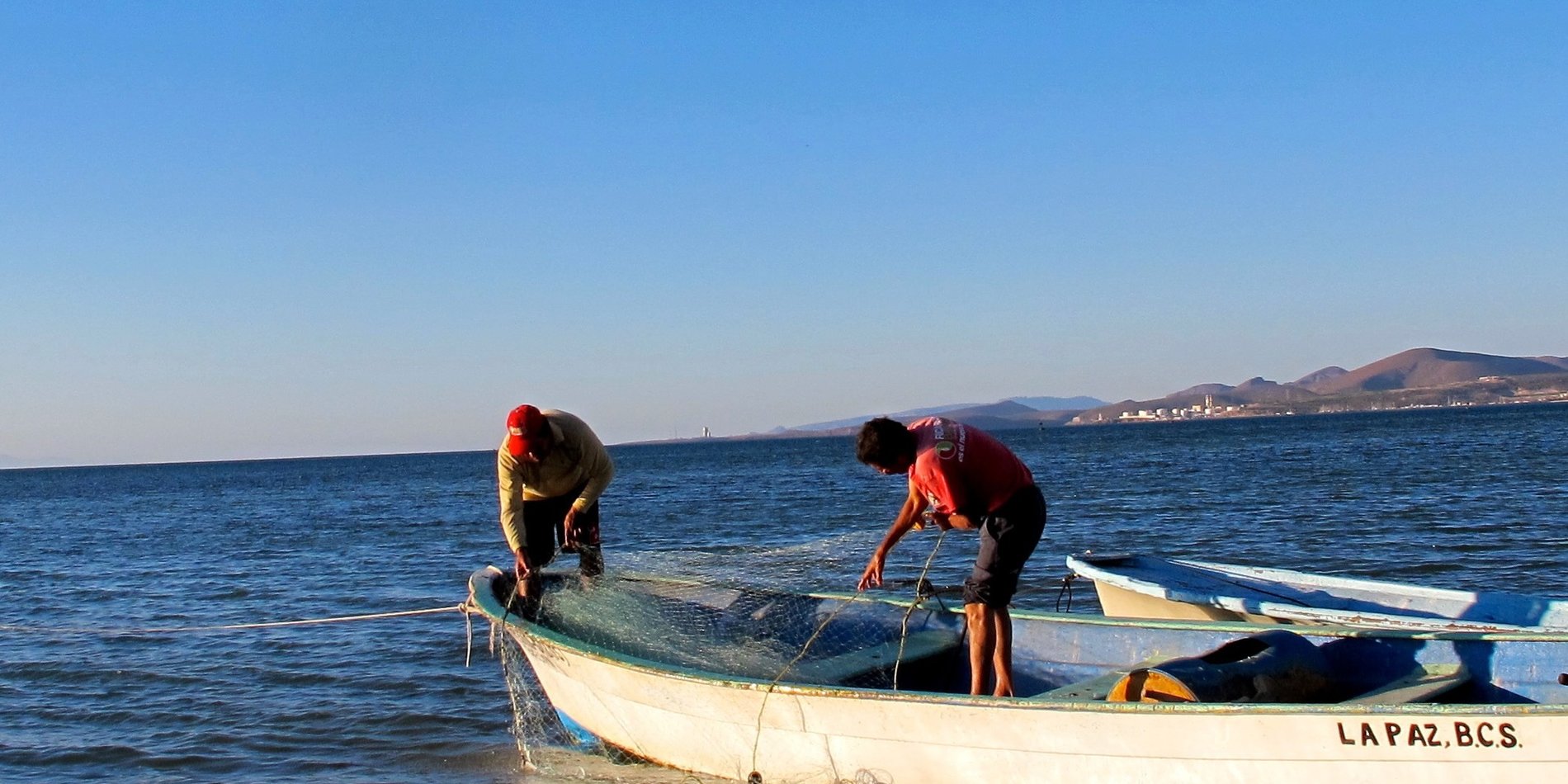Stanford Center for Ocean Solutions joins new Aquatic Blue Food Coalition at the UN Ocean Conference
LISBON, PORTUGAL — The Stanford Center for Ocean Solutions joined a multi-sectoral Aquatic Blue Food Coalition formally launched at the United Nations Ocean Conference this week, a key milestone towards realizing the full potential of blue foods to help end malnutrition and build nature-positive, equitable and resilient food systems.
The launch comes after months of discussion catalyzed by the 2021 U.N. Food Systems Summit, which identified blue foods as a game-changing solution to transform food systems and meet the 2030 Sustainable Development Goals, or SDGs. The U.N. Ocean Conference held in Portugal served as a critical opportunity to combine food system and ocean goals.
The findings of the Blue Food Assessment, a joint initiative co-founded by the Stanford Center for Ocean Solutions, contributed to the proposal for the Coalition. The Assessment brings together more than 100 leading researchers from around the world in a series of scientific studies about the blue food sector, and aims to support decision-makers in evaluating trade-offs and implementing well-designed policies and investments.
“The Blue Food Assessment highlights that the only way to realize the full potential of blue foods—and successfully address their challenges—is to incorporate them into food system decision-making,” says Jim Leape, Co-director of the Stanford Center for Ocean Solutions and member of the Blue Food Assessment’s core team. “We celebrate this week’s commitment by global leaders to mobilize action towards better choices for a vibrant, more sustainable blue food future. The Stanford Center for Ocean Solutions looks forward to working with Coalition members to continue to raise the profile of blue foods in international policy processes on food and climate, and to support countries that are taking on key blue food priorities.”
The Coalition includes the European Union, Fiji, Germany, Iceland, Japan, New Zealand, Canada, Palau, Portugal and the United States of America, in addition to representatives from intergovernmental organizations, NGOs, academic institutions, aquatic food producers and those along the value chain, consumer groups, financial institutions and philanthropies. Together, these members recognize that blue foods—fish, shellfish, aquatic plants and algae captured or cultivated in freshwater and marine ecosystems—play a central role in food and nutrition security for billions of people. It is estimated that 800 million people also depend on blue food systems for their livelihoods.
Prime Minister Katrín Jakobsdóttir of Iceland celebrated the launch of the Aquatic Blue Food Coalition at a “Future of Food is Blue” side event at the U.N. Ocean Conference on Monday. “The ocean is not only crucial to addressing the climate crisis; it is also an enormous source of resources and food. It needs to be managed in a sustainable and responsible manner and, most importantly, to the benefits of the many and not only the few. Iceland remains a proud supporter of the Aquatic Blue Food Coalition,” says Jakobsdóttir.
The side event united 16 speakers and shared the Coalition’s vision to promote understanding, acceptance and integration of sustainable blue foods in food systems and food value chain thinking and decision-making. In addition, the Coalition committed to raising the profile of aquatic foods in discussions of the future of food systems and mobilizing investments, technical capacity and partnerships for countries that seek to integrate these foods into their food systems.
“Small islands of the Pacific look eagerly to working with science, technology, industry and other partners to develop highly sustainable models of blue food across the Pacific,” said Dr. Satyendra Prasad, Fiji Ambassador to the United Nations. At the opening plenary of the conference, Fiji’s Prime Minister Frank Bainimarama, chair of the Pacific Islands Forum, announced a commitment that, “by 2030, [Fiji] will produce more than 160,000 metric tonnes of sustainably farmed and harvested ocean product, supporting over 53,000 new jobs on [its] way to supply half of all blue foods from sustainable fisheries by 2035.”
"This isn't just about one particular part of the world—it's about food security for all of the world," said Monica Medina, US Assistant Secretary of State for Oceans and International Environmental and Scientific Affairs of the United States. "The United States is very determined to be a part of the solution, which is why I'm pleased to announce that we endorse this [Aquatic] Blue Foods Coalition."
The Environmental Defense Fund is the acting Secretariat for the Aquatic Blue Food Coalition.
Media Contact:
Tad Segal, Environmental Defense Fund, tsegal@edf.org
The current members of the Aquatic Blue Food Coalition are: European Union; Fiji; Germany; Iceland; Japan; New Zealand; Palau; United States of America; Canada; Portugal; The Pacific Community; WorldFish One CGIAR; Stanford Center for Ocean Solutions; Johns Hopkins Center for a Livable Future; Environmental Defense Fund; WWF; Friends of Ocean Action; Rare; Oceana; Monterey Bay Aquarium; Regional Cluster “North-East” – Bulgaria; Conservation International; RiseUp; Lloyd's Register Foundation; Care International; Wildlife Conservation Society; Safe Seaweed Coalition; Global Salmon Initiative; Blue Food Partnership; and UN Global Compact



